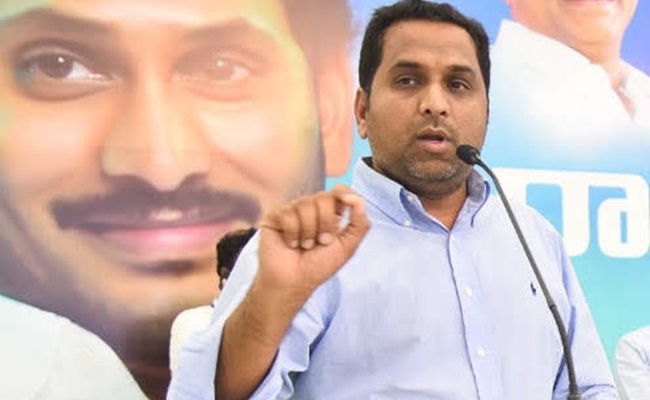Supreme Court Reserves Verdict on Raj Kesireddy’s Challenge to Liquor Scam Arrest
New Delhi, India – The Supreme Court of India has completed hearing the petition filed by Kesireddy Rajasekhar Reddy, also known as Raj Kesireddy, challenging the legality of his arrest in the Andhra Pradesh liquor scam case. The court has now reserved its verdict on the matter.
Raj Kesireddy, a key accused in the high-profile liquor scam that rocked the southern state of Andhra Pradesh, had approached the Supreme Court seeking relief from his arrest. The scam, which came to light in 2020, involved the alleged systematic siphoning of funds and irregularities in the state’s liquor procurement and distribution system.
During the hearing, Kesireddy’s legal team argued that his arrest was unlawful and questioned the grounds on which he was taken into custody. They contended that the investigating agencies failed to follow proper procedures and violated Kesireddy’s constitutional rights.
The state of Andhra Pradesh, represented by the Advocate General, defended the actions of the investigative authorities, asserting that the arrest was carried out in accordance with the law and that Kesireddy’s involvement in the liquor scam was well-documented.
The Supreme Court bench, comprising of senior judges, closely examined the arguments presented by both sides and reserved its final decision on the matter. The verdict, which is eagerly awaited, will have significant implications for the ongoing investigation and the fate of the key accused in the high-profile case.
The liquor scam, which has been a subject of intense political and public scrutiny, has led to the arrest of several prominent individuals, including government officials and businessmen. The case has also sparked a wider debate on the need for stronger oversight and accountability measures in the state’s liquor procurement and distribution system.
As the Supreme Court prepares to deliver its verdict, the public and the legal fraternity await the outcome with bated breath, hoping that it will provide clarity and guidance on the handling of such complex corruption cases in the future.


